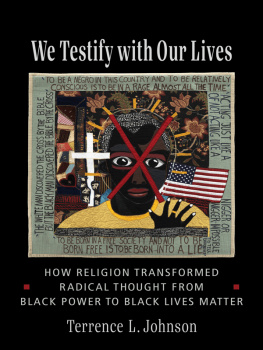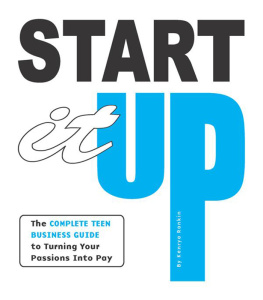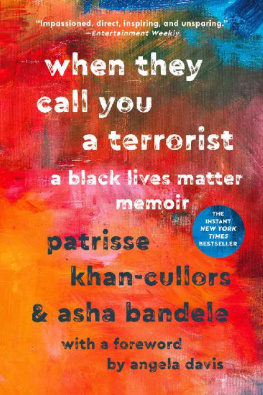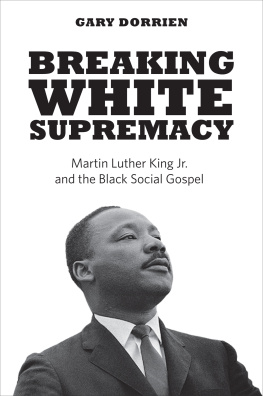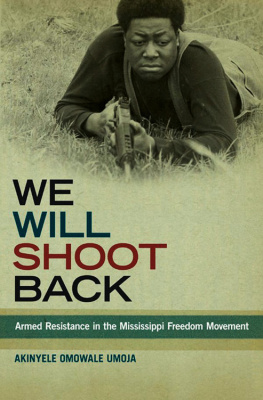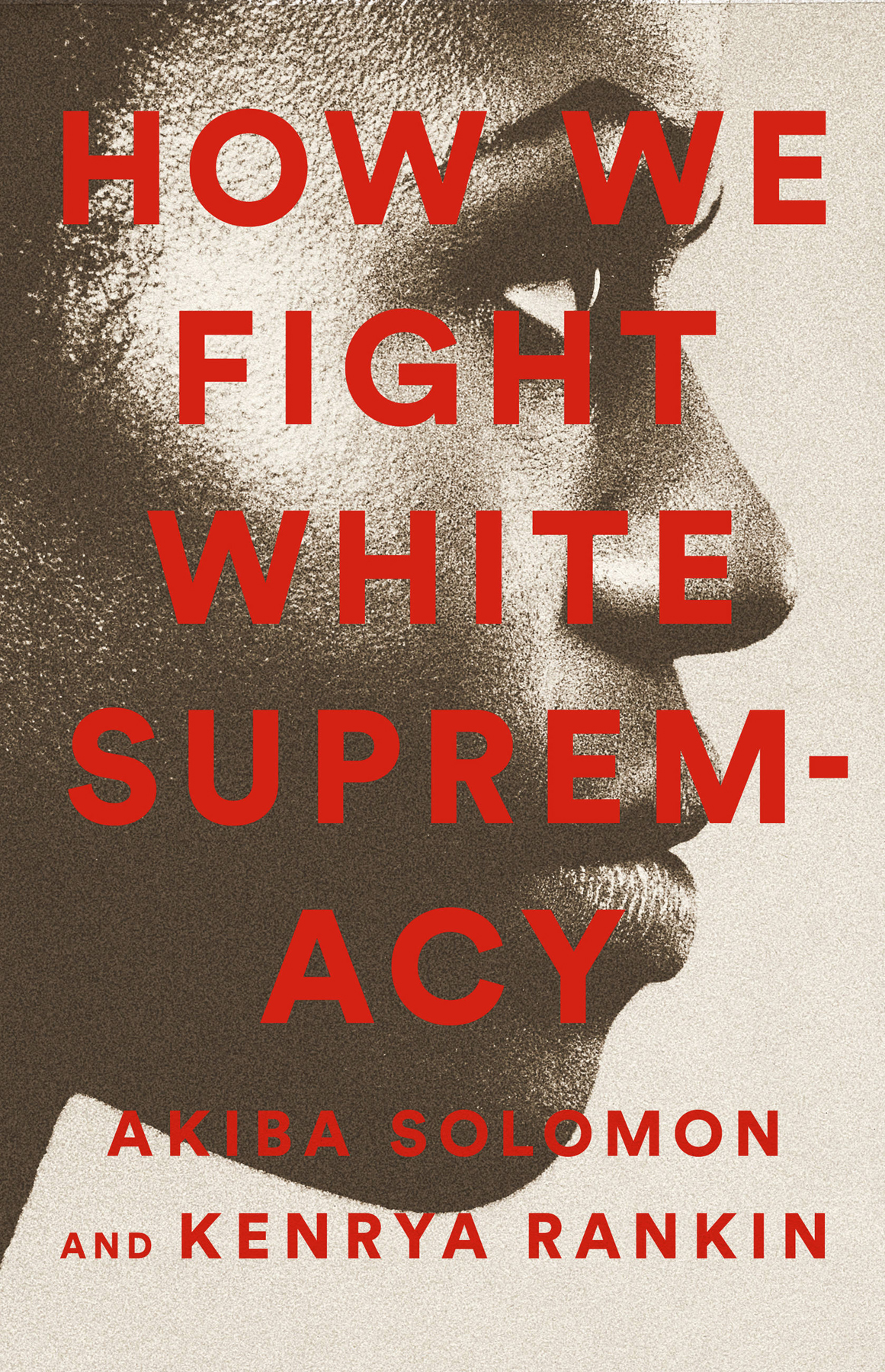Copyright 2019 by Akiba Solomon and Kenrya Rankin.
Cover design by Pete Garceau
Cover photograph of woman iStock/Getty Images
Cover copyright 2019 Hachette Book Group, Inc.
Hachette Book Group supports the right to free expression and the value of copyright. The purpose of copyright is to encourage writers and artists to produce the creative works that enrich our culture.
The scanning, uploading, and distribution of this book without permission is a theft of the authors intellectual property. If you would like permission to use material from the book (other than for review purposes), please contact permissions@hbgusa.com. Thank you for your support of the authors rights.
Bold Type Books
116 East 16th Street, 8th Floor, New York, NY 10003
www.BoldTypeBooks.org
@BoldTypeBooks
First Edition: March 2019
Published by Bold Type Books, an imprint of Perseus Books, LLC, a subsidiary of Hachette Book Group, Inc. Bold Type Books is a co-publishing venture of the Type Media Center and Perseus Books.
The Hachette Speakers Bureau provides a wide range of authors for speaking events. To find out more, go to www.hachettespeakersbureau.com or call (866) 376-6591.
The publisher is not responsible for websites (or their content) that are not owned by the publisher.
Names: Solomon, Akiba, editor. | Rankin, Kenrya, editor.
Title: How we fight white supremacy : a field guide to Black resistance / [edited by] Akiba Solomon + Kenrya Rankin.
Description: First edition. | New York : Nation Books, 2019. | Includes bibliographical references.
Identifiers: LCCN 2018032817 (print) | LCCN 2018045986 (ebook) | ISBN 9781568588506 (ebook) | ISBN 9781568588490 (pbk.)
Subjects: LCSH: African AmericansCivil rights. | African AmericansSocial conditions21st century. | African AmericansPolitics and government21st century. | White supremacy movementsUnited States. | United StatesRace relations.
Classification: LCC E185.61 (ebook) | LCC E185.61 .H845 2019 (print) | DDC 323.1196/0730905dc23
LC record available at https://lccn.loc.gov/2018032817
ISBNs: 978-1-56858-849-0 (paperback); 978-1-56858-850-6 (e-book)
E3-20190214-JV-NF-ORI
T here was a time, when we were young, scrappy, and hungry, when fighting for justice brought to mind picket signs, linked arms, and raised fists. As our daily responsibilities multiplyand the folks who want to push liberty even further beyond our outstretched fingertips grab more unchecked powerits harder to make it to the front lines. But we also know thats not the only way to fight. As we spend our days writing and editing stories about racial justice (and injustice), we are increasingly struck by all the ways Black people combat the physical and emotional wages of the system of White supremacy. Just as there are millions of us fighting, there are millions of ways to land blows.
The fact is, White supremacy defines our current reality. It is not merely a belief that to be White is to be better. It is a political, cultural, and economic system premised on the subjugation of people who are not White. That subjugation takes on an infinite number of forms and is enforced with varying degrees of physical violence, mental abuse, and robbery. White supremacy is the voice in our collective heads that says it makes civilized sense that one group of people gets to annihilate, enslave, incarcerate, brainwash, torture, sterilize, breed, and terrorize other people. White supremacy establishes, upholds, and normalizes hierarchy based on the premise that the less Black you are the closer you are to God.
We live in a country where law enforcement officers kill Black children and call them thugs, the mainstream media calls neo-Nazis the alt-right, and referencing the African Americans in discussions about urban crime is a sufficient credential to put a third-rate reality television personality in the White House. But the encouraging reality is this: Black people are working each day to inch us closer to collective freedom. We contain multitudes, and we are hammering at issues as varied and intersectional as police violence and body image and reproductive justice and lack of inclusion in the technology sector.
Were fascinated by those who resist and create despite the obstacles produced by White supremacy and its lackeys: sexism, homophobia, disenfranchisement, transphobia, colorism, ableism, and more. We wrote this book to document the people, from the unsung to the famous, who are doing good work right where they stand, fighting causes both sexy and pedestrian. Theres the leader of a religious movement that holds up issues that impact queer people of color, the cartoonist who applies the Black punk aesthetic to the hard work of silencing White supremacists, the cofounders of a movement that made the world consider the worth of Black lives, and dozens of other freedom fighters who share their work and their dreams for a future that doesnt thrive on anti-Blackness.
Many peopleboth here and abroadare considering the fragility of their freedom for the first time, and thousands of the newly woke need help with defining their own version of activism. Fortunately for us all, Black people can provide the key.
Black Americans have made a cottage industry of surviving, resisting, and fighting. From staging insurrections after being used as the literal capital that bankrolled the birth of this nation to arguing before the US Supreme Court in the face of codified racial segregation via Brown v. Board of Education of Topeka, to clapping back at the microaggressions that threaten to chip away at our humanity each day, we always find a way to stand rooted in the face of oppression. You want to talk about patriots? We honor the principles of democracy at every turn, even when the people charged with implementing those principles dont honor us. This aint new to us. Whether were singing, sitting, marching, researching, prosecuting, creating, laughing, studying, organizing, dreaming, building wealth, or drawing on spirit, we battle life-threatening forces as a matter of course. Why should this moment be any different?
What This Book Isnt
Although we sought out a diverse group of contributors, this collection isnt exhaustive: it does not apply an international lens, and it doesnt include Black conservatives. We know that anyone who is truly interested and invested in dismantling the intricate system of White supremacy will learn from this book, but its not here to tell you what to do, and its not written with anyone but Black folks in mind (see no explanatory commas in the next section). Its also important to know that we began working on this book long before the election of the forty-fifth president of the United States. The acts of resistance it chronicles are not defined by the actions of one man, but by the collective longing for a justice that has so far eluded us.
What This Book Is
How We Fight White Supremacy is a curated, multidisciplinary collection that serves as a showcase for some of our most powerful thinkers and doers. It starts in the middle of a Black-ass conversation; you wont find any explanatory commas about our cultural mores here. Speaking of which, to reflect the permanence of our resistance, we organized the book according to Black conventional and contemporary wisdom, with chapters like Laugh to Keep from Crying (our gallows humor), Get in Formation (grassroots organizing), and Love Me or Leave Me Alone (how we love ourselves whole). Each chapter starts with our take on why a particular category of resistance is integral to the fight and ends with our (very) personal reflections on the matter. Seriously, this collection has everything: thoughtful interviews, am I really crying right now? essays, ridiculously relatable fine art, unexpected profiles, crying laughing emoji face funny fiction, reflections from everyday people on their everyday resistance, get hype playlists, and moreall breathe in these pages.


